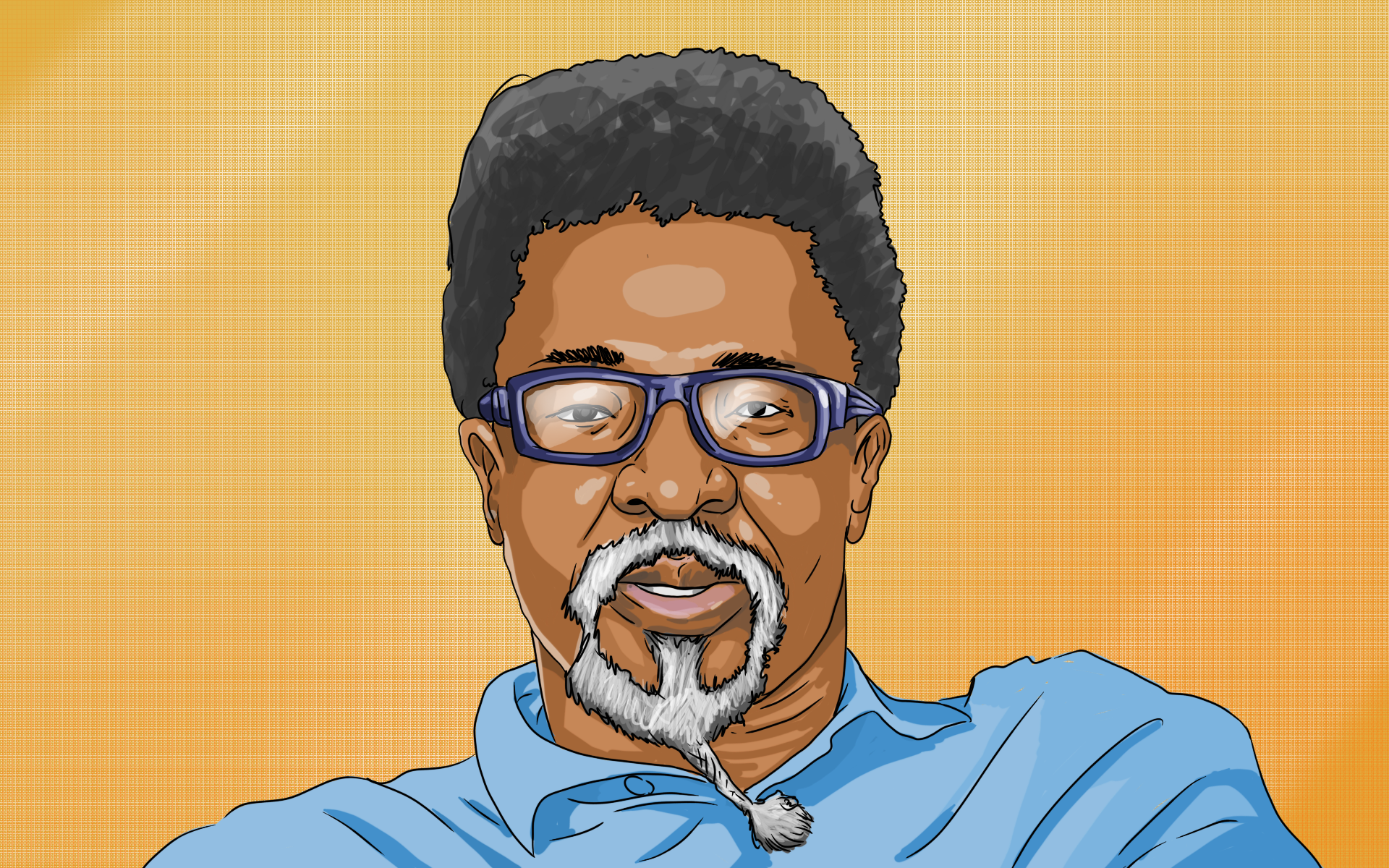“So, what’s your problem?”, I asked. “Are there no adults associated with ‘Project Nigeria’?”, was her response. I’m yet to find an appropriate answer to her.
I had this interesting conversation last week. Young girl is in her teens. Undergraduate in one of our universities, where she is studying Economics. Basically, the talk was along these lines.
“Uncle”, she asked, “did the National Bureau of Statistics not announce inflation at 15.4 per cent for November, recently?” Unsure where this line of enquiry was headed, I muttered an, “Indeed, the NBS did just that”. “Then, how come the announcement just went down like that?” At this point, I tore my gaze from the book I was reading and looked her in the face. It looked as inquisitorial as her voice had sounded angry. “How do you mean?”, I asked.
“Across Europe and the U.S”, she answered “inflation rates have been in the upper single digit range, and consumers, policy experts and central bankers have worked themselves into a tizzy trying to make sense of it all. Is it the case, then, that our double digit inflation numbers are less hurtful to the Nigerian consumer than the single digit rates in those economies are to their own people? And why is the response to structural price rises in the U.K., a 25 basis points increase in the benchmark rate, and in the U.S., a faster tapering of the existing bond buying programme, and the signalling by the Federal Reserve of its intention to raise rates three times next year, while in Nigeria with a far higher rate, and a much poorer people, it remains business as usual?”.
Also Read: Urgent Memo on the Future of Nigeria, before the Bubble Bursts!
“This is the way I understand it”, I stuttered. “First, our status as a developing economy invariably means we may have to tolerate more rapid levels of price movements and higher price volatility than obtains in developed economies. Largely this is a function of more severe constraints here. Physical ones, including poor infrastructure endowments, which drive up costs. And social ones, especially a decrepit law enforcement and criminal justice system, the capture of monetary policy by political interests, and less-than-stellar education and healthcare response, which both drive up costs and erode the ability to formulate proper policy responses. Then, there is the question of our exceptionalism”.
“What is that?”, she asked. “Which one?”, I countered. “The ‘exceptionalism’ bit”, she retorted. “This”, I replied, “is the part of the domestic policy conversation where we point to idiosyncrasies in our constitution and organisation as a people that geld rules and processes that work elsewhere”. “Oh! That is the point our lecturer was making when he poked fun at former President Ibrahim Babangida’s claim that ‘Nigeria defies the rules of economics’”, she said. “What else did your lecturer say”, I enquired.
“He described this your ‘exceptionalism’ as so much flapdoodle”, was her response. “Take Turkey, where the president believes that high interest rates drive inflation; and that low interest rates drive growth. True, Turkey’s economy was up about 7.4 per cent in the September quarter. But the lira has come under sustained pressure, losing more than half of its value to the dollar this year. And at 21.3 per cent in November, inflation was high enough to have precipitated public protests. Besides, there is growing worry about the sustainability of the bank debt-driven economic growth. Would you sit across the table from a Turk and have her argue that this is positive proof of how different her economy is from the rest of the normal world?”. “What would you do?”, was all I could ask.
“But of course it is malarkey”, was her excited response. “How do you mean?”, I asked. “Not just is the Nigerian economy no different from the rest of the world’s in its responses, it is so typical”, she said. “Lower rates continue to put pressure on the dollar. Or is it the naira, where the pressure is southwards? And the resulting naira weakness feeds into tear-away price rises. Indeed, while food is the main driver of rising prices for the mythical ‘Joe on the Street’, were the NBS to recalibrate its inflation basket to reflect buying preferences further up the income scale, a weakening naira would be the main culprit for inflation”.
“So, what’s your problem?”, I asked. “Are there no adults associated with ‘Project Nigeria’?”, was her response. I’m yet to find an appropriate answer to her.
Uddin Ifeanyi, journalist manqué and retired civil servant, can be reached @IfeanyiUddin.

